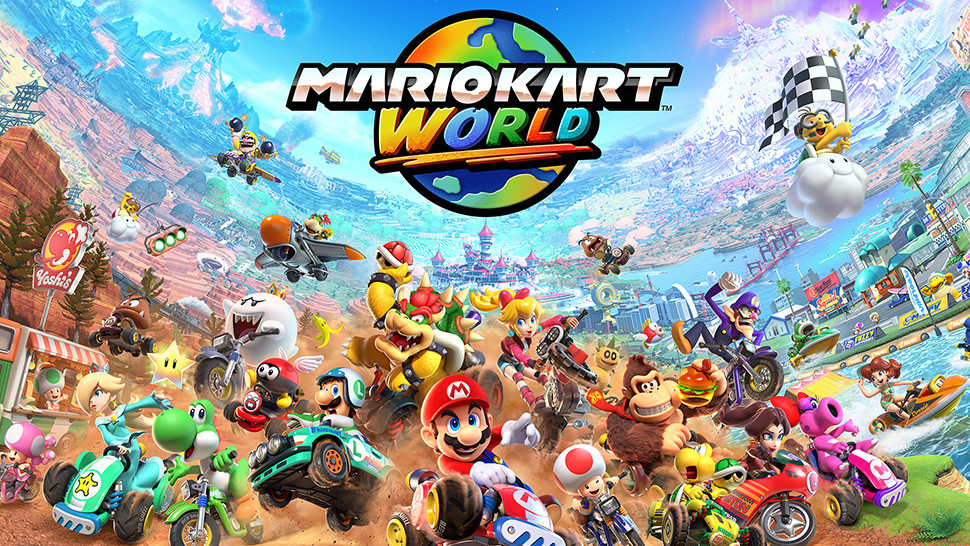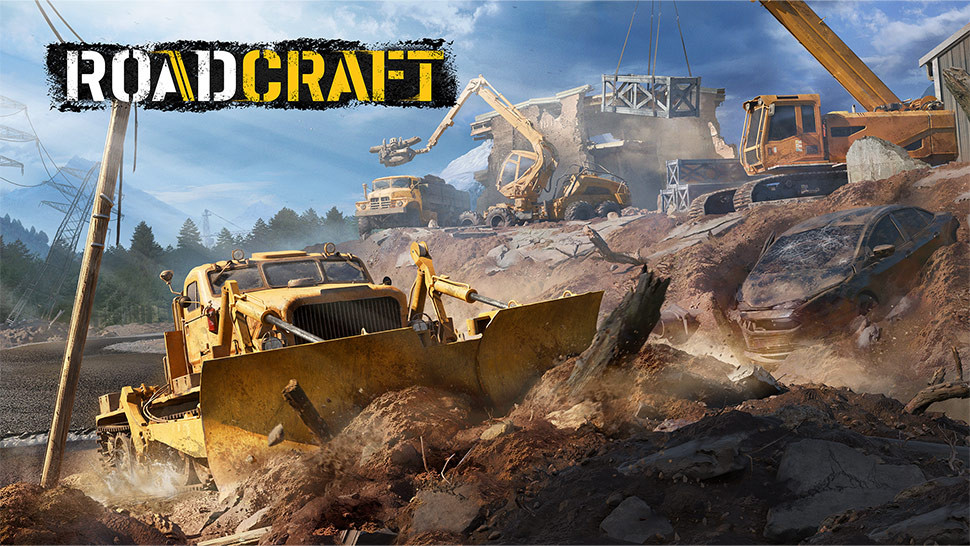Paradise Killer Review

 By Kevin Mitchell | Sep 8, 2020
By Kevin Mitchell | Sep 8, 2020
Every few thousand years, Paradise Island, a world outside reality, suffers from corruption at the hands of invading demons, forcing the ruling Council's hand at resetting the island. The 25th sequence is meant to result in absolute perfection; however, before the 24th sequence could be reset, the entire Council is murdered. As Lady Love Dies (yes, that is her real name), the investigation freak, you are summoned to Paradise after being exiled for over three million days to search for clues and interrogate the remaining residents. Paradise Killer emphasizes the idea that "fact and truth are not the same," and it is your job to present your findings and create a convincing and compelling argument based on facts to the Judge. As long as you have enough damning evidence to prove your interpretation of the events, anyone can be accused of the most heinous crimes.
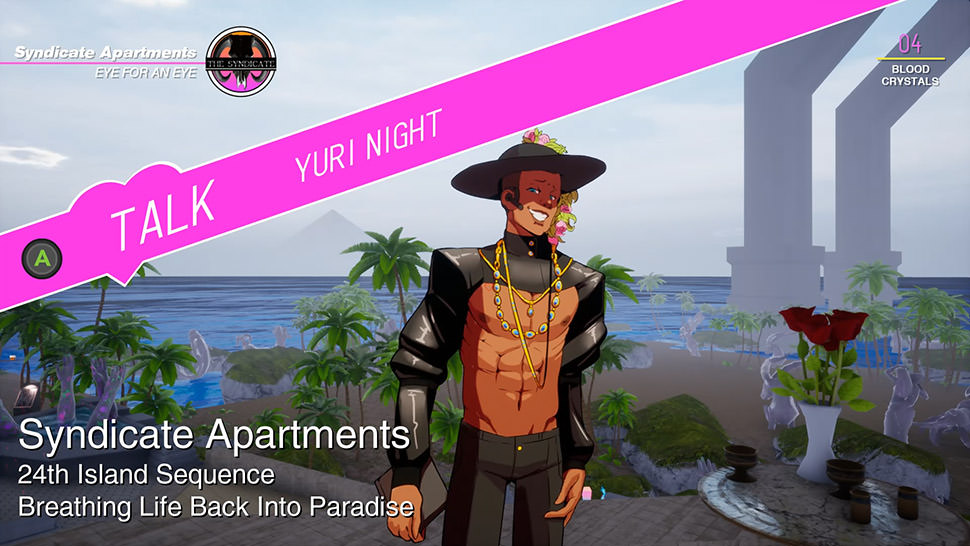
Developed by Kaizen Game Works, Paradise Killer is a detective open-world first-person exploration title. You are free to explore the island, uncovering its secrets and collecting clues at your own pace. Where you go, who you interact with, and how you interact with the colorful cast of Paradise characters is entirely up to you. Do you spend your time being thorough, crafting a case, or risk faltering during the trial trying to push a narrative that doesn't support the facts? The ending trial is undoubtedly the highlight, both due to the sheer amount of details and the tense nature of presenting everything you've found to fit what you believe happened. Don't have enough to convince the Judge, and he'll let everyone walk free. Unlike other similar titles, such as Danganronpa and Phoenix Wright, most plot revelations come during your time investigating and exploring, not during scripted moments during the trial. Thus, the exploration in Paradise Killer feels much more rewarding. During the trial, you feel a sense of satisfaction that details are emerging because you took the time to collect all possible notes to condemn a particular party.
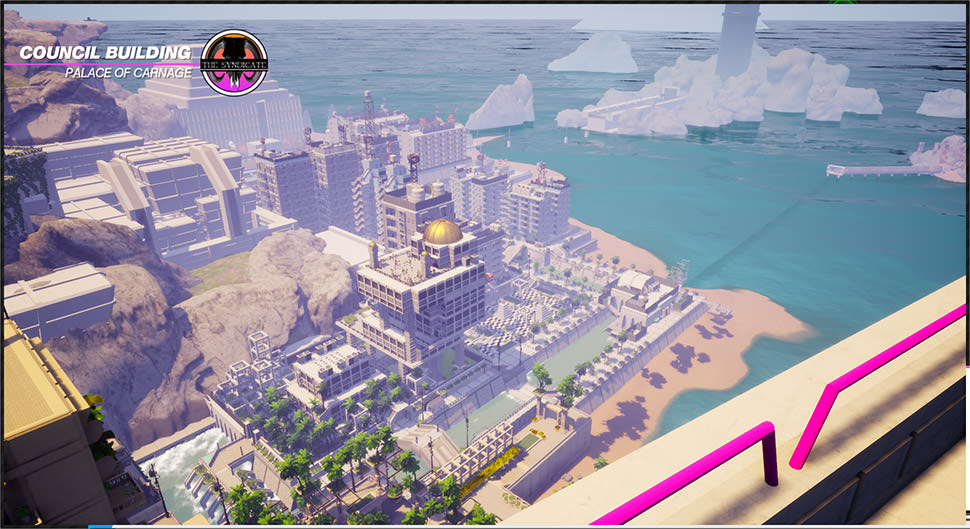
With each character you interview, you'll engage in lengthy conversations, typically including branching dialogue choices, altering how Lady Love Dies approaches the investigation. The more you study all of these characters, the more crimes you'll solve and, with hope, uncover the greatest mystery surrounding Paradise. I'll admit, the overall plot can feel a bit convoluted with alien gods, psychic powers, demons, and ritual human sacrifices. The odd character names and highly charismatic and weird cast work hand-in-hand with the unique premise, resulting in one of the most original games you'll play all year. As you approach your first suspect, you'll notice that everyone is represented as flat 2D character models. It took me by surprise, but given the sheer amount of dialogue in the game, it certainly does feel like a visual novel.
Moving throughout Paradise is a painstakingly slow affair thanks to your slow movement speed, even when sprinting, and a useless jump that barely clears the smallest obstacles. As you scour the environments, you'll come across relics chock-full of useful lore, world-building information, and the game's currency, Blood Crystals. Besides spending them to unlock new knowledge and relics, they have a much more important use due to the frustrating fast-travel system. As I continue my investigation and questioning of Paradise's remaining beings, I often learn a new clue or piece of information that I want to ask someone about halfway across the island. You can spend the aforementioned Blood Crystals to fast-travel to any previously unlocked location at any of the save points. On multiple occasions, I gave up backtracking to a previous place simply because I ran out of resources, and it would take too long. I convinced myself that maybe that tidbit of information wouldn't be as important as I previously thought.
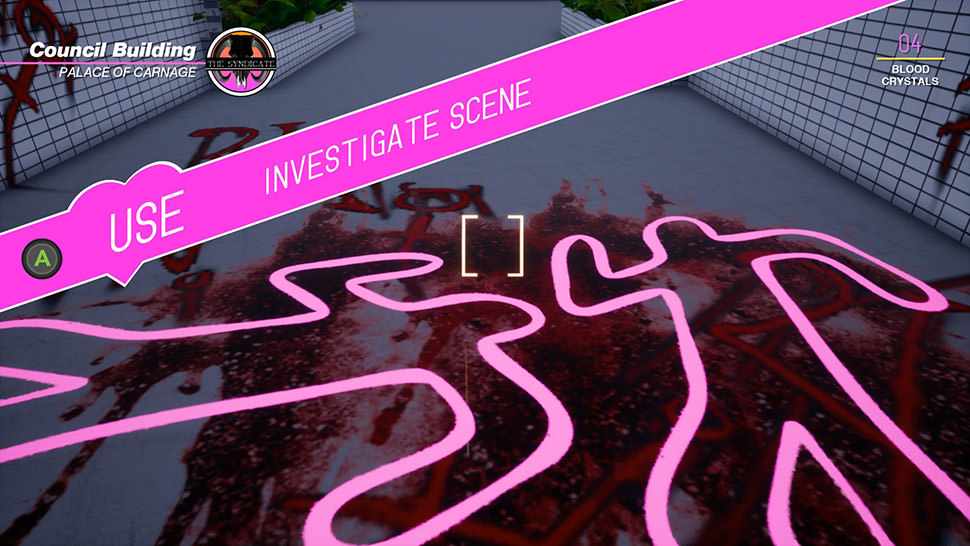
Starlight, your portable computer, helps organize all of the information you've gathered, automatically tying the clues together with all of the proper suspects. Heck, there were plenty of times where I found an object, and Starlight connected it to multiple possible suspects that I wouldn't have thought relevant to my case. It helps keep the flow of the game moving without having you needlessly connect the dots with all of the possible notes that you'll collect. In this way, you'll uncover new leads, new mysteries, and even more crimes to accuse those remaining on the island.
As you explore, you'll come across simplistic picture-based puzzles, requiring you to study extreme close-ups of images and match them to the whole picture. No matter which direction you choose to go, the game hides secrets in just about every crevice. If you aren't in a rush—and you won't be thanks to the game's movement speed and the sheer amount of walking around—there are collectible musical tapes that complement the game's atmosphere.
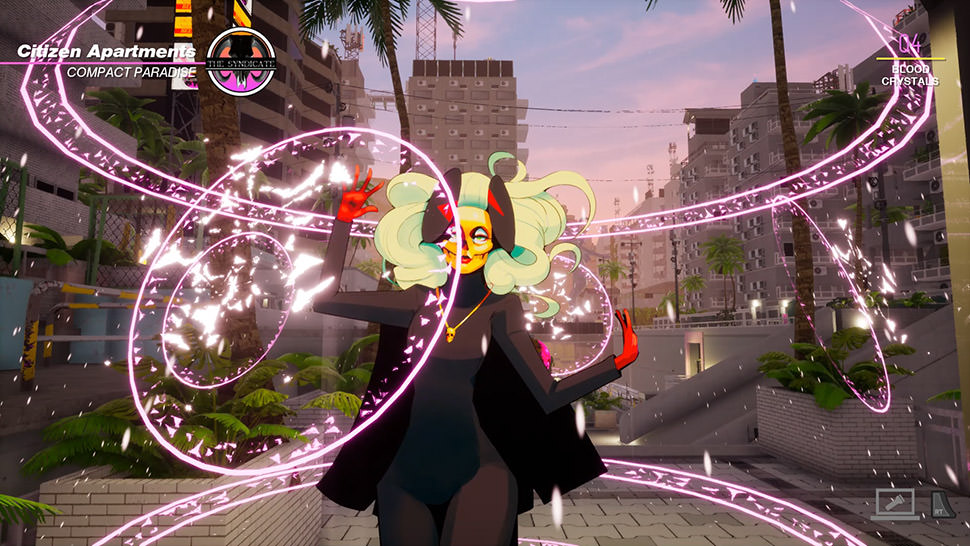
Simply Put
Even if you explore the island and gather plenty of clues, the trial feels unique every time thanks to the open-ended approach and using facts to fit your truth of the events in Paradise Killer. The game's conclusion is the clear highlight. Although I enjoyed venturing across the massive open world, it became frustrating returning to areas thanks to how the fast-travel system is structured.
Note: Paradise Killer was reviewed on Switch. A digital copy of the game was provided by the publisher/developer.
